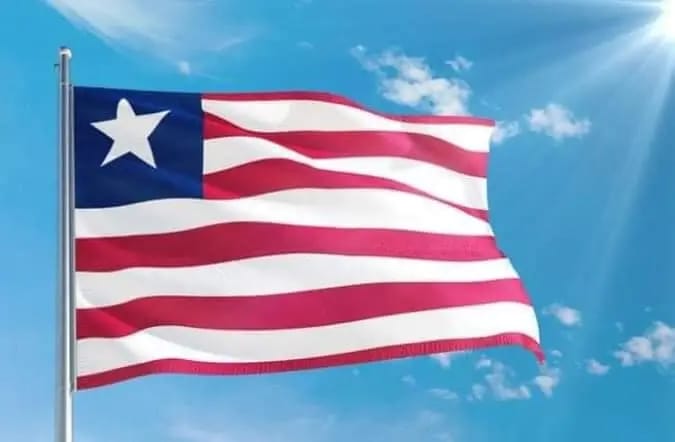
Liberia’s political history since independence in 1847 is a remarkable yet turbulent journey that reflects both the promise of self-rule and the challenges of nation-building. On July 26, 1847, Liberia became the first independent republic in Africa, established primarily by freed African Americans and formerly enslaved people resettled under the American Colonization Society. Joseph Jenkins Roberts, the first president, was an Americo-Liberian who symbolized the dominance of this elite class. For decades, political and economic power was concentrated in the hands of the Americo-Liberians, who made up less than 5% of the population. Indigenous Liberians were systematically excluded from decision-making, education, and governance, creating a long-standing divide. The True Whig Party solidified this dominance, ruling uninterrupted from 1878 until 1980, making Liberia one of the longest-lasting one-party states in the world. While Liberia maintained diplomatic ties with Western nations and played a symbolic role as a free African state during colonialism, it remained deeply unequal internally, with the indigenous majority largely voiceless.
A seismic shift came on April 12, 1980, when Master Sergeant Samuel Kanyon Doe led a bloody coup d’état, assassinating President William R. Tolbert Jr. and ending Americo-Liberian hegemony after more than a century. Doe, from the Krahn ethnic group, became the first indigenous leader of Liberia, promising reform and broader inclusion. However, his rule soon turned authoritarian, marked by corruption, nepotism, and ethnic favoritism that alienated other groups. His regime was also bolstered by Cold War alliances, particularly U.S. support, but instability deepened as opposition grew. In 1989, Charles Taylor, a former Doe ally, launched an armed rebellion through his National Patriotic Front of Liberia (NPFL), igniting one of Africa’s most brutal civil wars. The conflict was characterized by mass atrocities, child soldiers, and the collapse of state institutions. Doe himself was captured and brutally executed by rebel forces in 1990, but the war dragged on, involving multiple warring factions and regional interventions.
In 1997, after years of bloodshed, elections were held under international supervision, and Charles Taylor won the presidency. His campaign slogan, “He killed my ma, he killed my pa, but I will vote for him,” captured the fear and resignation of war-weary citizens who hoped his leadership would end the violence. Instead, Taylor’s presidency deepened Liberia’s instability, with widespread corruption, authoritarian practices, and his involvement in fueling conflicts in neighboring Sierra Leone through illicit diamond trade. Renewed fighting erupted in 1999, leading to another phase of civil war that displaced hundreds of thousands of people and devastated the economy. By 2003, under mounting international pressure and as rebel forces closed in on Monrovia, Taylor resigned and went into exile in Nigeria. His departure paved the way for the Accra Peace Accord, which established a transitional government and brought in the United Nations Mission in Liberia (UNMIL), one of the largest peacekeeping operations in Africa.
The transition marked the beginning of Liberia’s democratic rebirth. In 2005, Ellen Johnson Sirleaf, a Harvard-trained economist and seasoned stateswoman, was elected as the first female president in Africa. Her election was a historic moment, symbolizing hope for gender equality and post-war reconstruction. Sirleaf’s two terms (2006–2018) were focused on restoring international confidence, clearing Liberia’s massive debt, rebuilding schools and hospitals, and reforming the military and police. She also championed women’s rights and reconciliation, though her government faced criticism over corruption and its slow pace of economic recovery.
In 2017, Liberia experienced its first peaceful transfer of power in more than 70 years when George Weah, an internationally renowned football star and senator, won the presidency. Weah’s election was celebrated as a victory for grassroots democracy, as he rose from poverty to the highest office in the land. Since taking office in 2018, his government has faced significant challenges, including economic stagnation, youth unemployment, and allegations of corruption. However, Liberia has remained relatively stable politically, with citizens continuing to engage in the democratic process.
Today, Liberia’s political history stands as a testament to resilience. From the pioneering spirit of its independence in 1847, through decades of Americo-Liberian dominance, the violent upheavals of military rule and civil war, and finally to the fragile but steady democracy of the 21st century, Liberia reflects both the struggles and triumphs of African self-determination. As the country continues to build on its democratic gains, it faces the dual task of reconciling its divided past while shaping a future that offers inclusive governance, sustainable development, and lasting peace for all its people.

